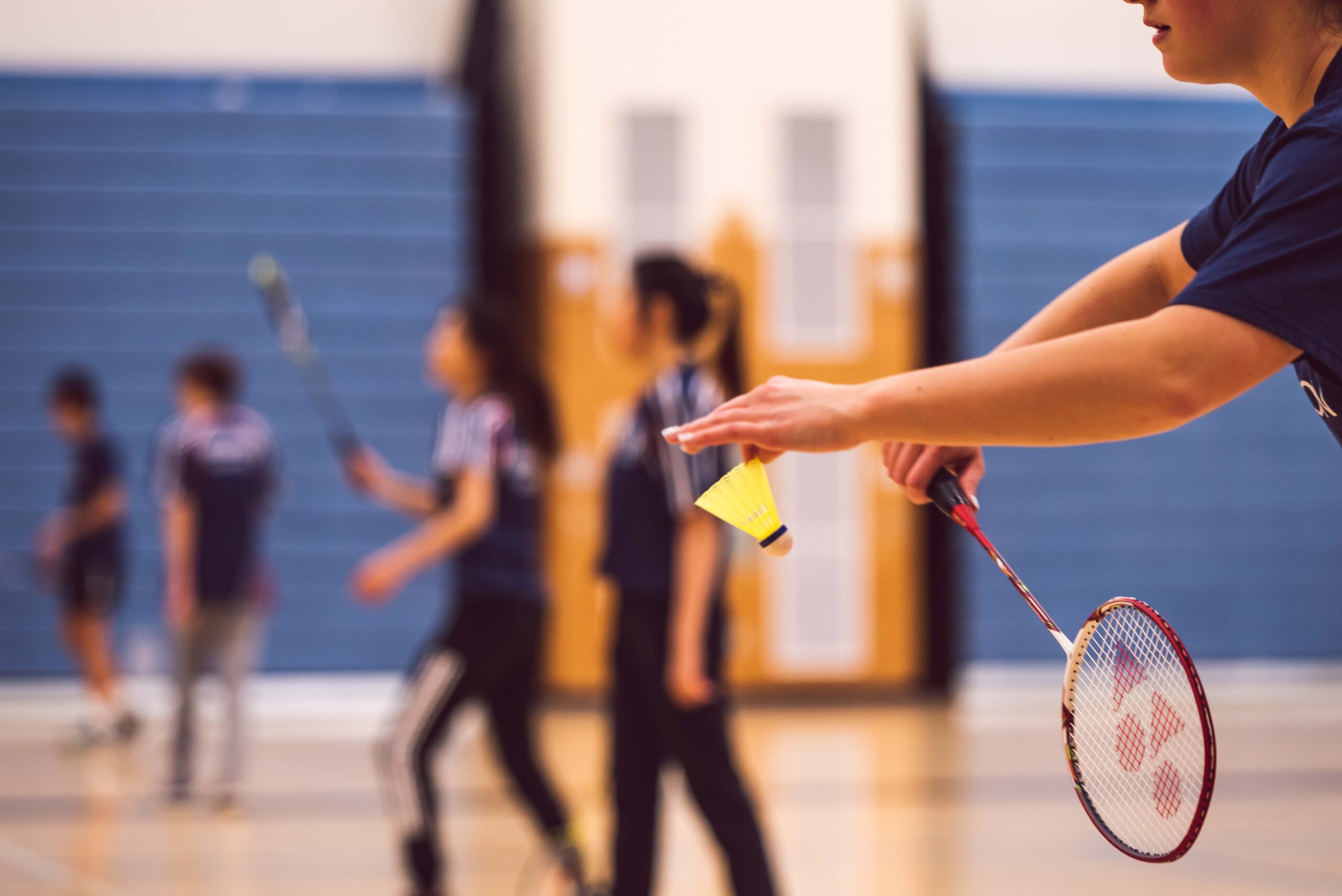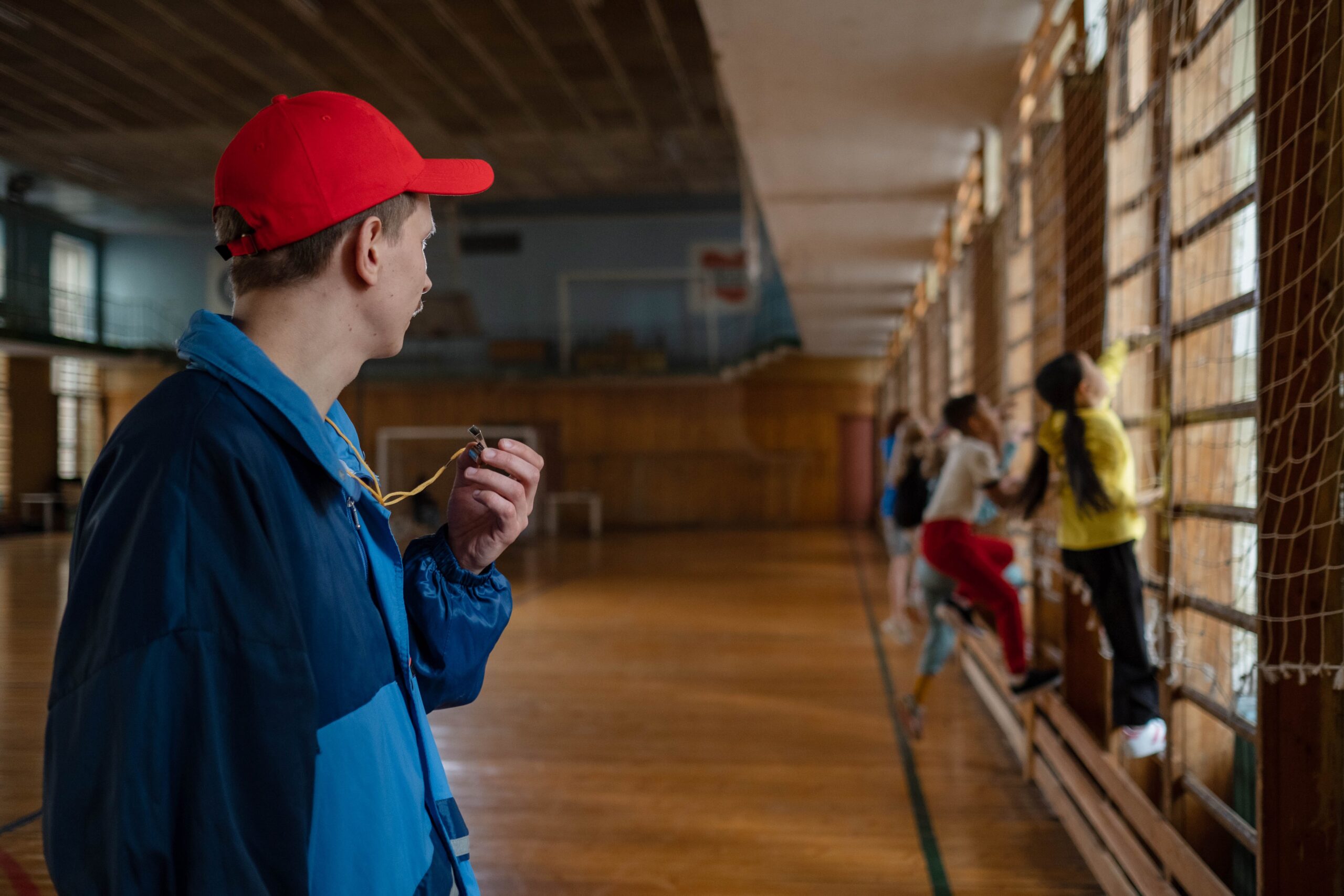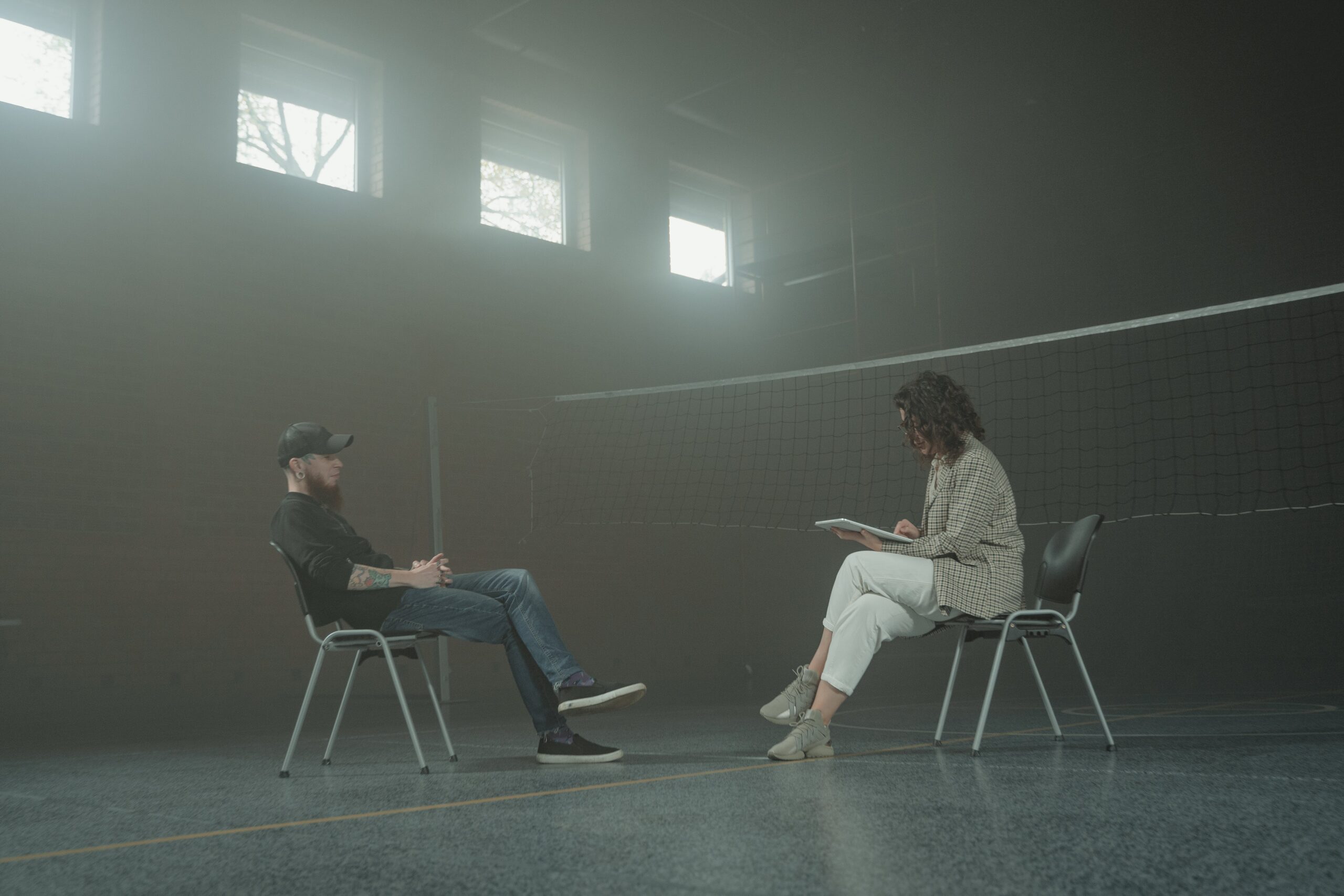Building Teamwork and Leadership Skills Through Sports
Sports offer a unique and effective platform for developing essential life skills, particularly teamwork and leadership. These skills are not only crucial on the field but also in everyday life, contributing to personal and professional success. This article explores how sports can be instrumental in building teamwork and leadership skills in young athletes, and why the Kick Out Club is an exceptional choice for fostering these abilities.
The Importance of Teamwork in Sports
Understanding Team Dynamics
Team sports require players to work together towards a common goal. This collaboration helps children understand team dynamics, the importance of each role, and how their actions impact the team’s overall performance. Learning to function effectively as part of a team is a valuable skill that extends beyond sports into academic and professional settings.
Communication Skills
Effective communication is a cornerstone of successful teamwork. Sports provide numerous opportunities for children to practice clear and concise communication, whether it’s calling for a pass, strategising during a game, or giving and receiving feedback. These experiences enhance verbal and non-verbal communication skills, which are essential in all areas of life.
Trust and Dependability
Being part of a team teaches children to trust and rely on others. They learn that teamwork involves depending on teammates to fulfill their roles and responsibilities. This trust is built over time and is crucial for the team’s success. Learning to trust others and be dependable fosters strong interpersonal relationships and a sense of community.
Conflict Resolution
Conflicts are inevitable in any group setting, and sports teams are no exception. Through sports, children learn to navigate disagreements and resolve conflicts constructively. Coaches can guide athletes in managing conflicts by promoting open communication, empathy, and compromise. These conflict resolution skills are invaluable in personal and professional interactions.
The Role of Leadership in Sports
Leadership Opportunities
Sports provide numerous opportunities for children to take on leadership roles, whether as team captains, peer mentors, or simply by setting a positive example. These roles teach children about responsibility, decision-making, and the importance of leading by example.
Decision-Making Skills
Leadership in sports often involves making quick decisions under pressure. Whether deciding on a play strategy or adjusting tactics during a game, young athletes develop critical thinking and decision-making skills. These abilities are transferable to academic and career situations where quick, effective decisions are required.
Motivation and Encouragement
Effective leaders inspire and motivate their teammates. Sports teach children how to encourage others, boost team morale, and maintain a positive attitude, even in challenging situations. Learning to motivate peers fosters a supportive team environment and enhances overall team performance.
Accountability
Leadership comes with accountability. Young athletes in leadership roles learn to take responsibility for their actions and decisions. They understand the impact of their behaviour on the team and learn to be accountable for both successes and failures. This sense of accountability is a key component of personal and professional integrity.
Strategies for Developing Teamwork and Leadership Through Sports
Structured Team Activities
Organising structured team activities and drills can help develop teamwork and leadership skills. These activities should require collaboration, communication, and strategic planning. Examples include team-building exercises, cooperative games, and group challenges.
Role Rotation
Rotating roles within the team gives all athletes the opportunity to experience different responsibilities. This practice helps children appreciate the challenges of various positions and develop a broader skill set. It also allows more athletes to experience leadership roles.
Encouraging Peer Mentorship
Peer mentorship programs within sports teams can be highly effective. Older or more experienced athletes can mentor younger teammates, providing guidance and support. This mentorship fosters a sense of responsibility and leadership in the mentors while helping mentees develop their skills and confidence.
Goal Setting and Reflection
Setting team and individual goals encourages athletes to work towards common objectives. Regular reflection sessions, where the team discusses what worked, what didn’t, and how to improve, help develop critical thinking and collective problem-solving skills. These sessions also promote a culture of continuous improvement.
Positive Reinforcement
Recognising and rewarding positive behaviour and achievements reinforces teamwork and leadership skills. Coaches should celebrate both individual and team successes, highlighting examples of effective teamwork and strong leadership.
The Role of Coaches and Parents
Coaches as Role Models
Coaches play a crucial role in developing teamwork and leadership skills. They should model the behaviours they want to see in their athletes, such as effective communication, fairness, and respect. Coaches should also provide constructive feedback and support to help athletes grow.
Parental Support
Parents can support the development of teamwork and leadership skills by encouraging their children to participate actively in sports and by reinforcing positive behaviours at home. Attending games, praising efforts, and discussing the importance of teamwork and leadership can reinforce these values.
Why Choose the Kick Out Club?
Expert Coaching
The Kick Out Club employs highly qualified and experienced coaches who are adept at developing teamwork and leadership skills in young athletes. Their coaching philosophy emphasises holistic development, ensuring that children grow both as athletes and individuals.
Tailored Programs
The Kick Out Club offers tailored programs that cater to the specific needs and abilities of each child. This personalised approach ensures that every athlete has the opportunity to develop their teamwork and leadership skills in a supportive environment.
Focus on Holistic Development
At the Kick Out Club, the focus extends beyond physical skills to include mental, emotional, and social development. The club’s comprehensive approach helps children become well-rounded individuals who excel in all areas of life.
Strong Community
The Kick Out Club fosters a strong sense of community and belonging. Their programs are designed to build camaraderie, mutual respect, and support among athletes, creating a positive and inclusive environment.
Proven Track Record
With a history of success and numerous testimonials from satisfied parents and thriving athletes, the Kick Out Club has established itself as a leader in youth sports development. Their commitment to excellence ensures that children receive the best possible training and support.
Conclusion
Building teamwork and leadership skills through sports is an invaluable investment in a child’s future. These skills enhance not only athletic performance but also personal and professional success. The Kick Out Club stands out as an exceptional choice for fostering these abilities, thanks to its expert coaching, tailored programs, holistic development approach, strong community, and proven track record. Choosing the Kick Out Club ensures that your child receives the comprehensive support and opportunities they need to thrive both on and off the field.









